For many years, family estrangement was just an odd concept found only on afternoon soaps, along with the trope of the long-lost evil twin sister. When I was young, if you’d told me that I wouldn’t be speaking to two of my three brothers when we became adults, I would have said you were absolutely crazy.
Yet here I am today, on the cusp of Social Security, and it’s become a fact: I have no contact with two of my brothers.
I’m the middle child, with two older brothers, Roger and Jeremy. I also have a younger brother named Gilbert and a younger sister, Elaine, rounding out the family. I recall an awful lot of laughs, roughhousing, and nicknaming. “Cankles”: That is I.
During childhood, we were a cozy unit—and, when necessary, a SWAT team. After one particularly rowdy game of indoor catch, we managed to shatter our parents’ $15 Miro abstract print adorning the front hall. Our solution? Throw out the wreckage, hide the picture in Jeremy’s closet, and hang up Cezanne’s “Card Players” in its place. It took a good few months before that jig was up.
Roger provided many thoughtful and tender moments as an older brother.
Like many Jewish parents, ours specialized in psychological torture, primarily concerning our grades in school. On a slow Sunday, they would scold us in descending chronological order during two-on-one reviews of our faults. I remember slinking downstairs to tell my younger brother Gilbert, “You’re up! They’re going for it.”
Roger, the firstborn, is that rare being: An only child with four younger siblings. My parents worshipped him. They realized he knew how to read at the tender age of 18 months. He skipped from first grade to third, and by fourth grade was reading The Rise and Fall of the Third Reich and accusing his teacher of “fascist tactics.”
Roger provided many thoughtful and tender moments as an older brother. He cradled and soothed Elaine as our mother untangled her rat’s nest of hair. He brought Jeremy and me to the Fillmore East and Cream’s final Madison Square Garden concert, where he discreetly seated us a few rows away from him and his high school date. Despite his quick temper and sharp tongue, his love for us was clear.
Family Estrangement: When the Shift Started
Family wisdom pinpoints the downward turn in Roger as the night before our younger brother Gilbert’s bar mitzvah. None of us whom he barricaded into the master bedroom to rant and rail about our individual and collective character deficiencies will ever forget that night. I was “small” and “venal.” (Had to go look that one up in the dictionary—overly concerned with money. You’d think I was Mildred Pierce’s daughter Veda.) Most disturbing: Our parents didn’t shut him down. After that, being around Roger filled us all with dread. One never knew what comment or situation would set him off, but hysterical screaming became his new normal.
The astounding reality was that we, his younger siblings, hung in there with his verbal tyranny for decades.
The astounding reality was that we, his younger siblings, hung in there with his verbal tyranny for decades. This dysfunction was driven mainly by our mother’s unyielding support for her beloved firstborn, no matter the wreckage he created at nearly every family gathering. This included a bloody scene he created over some perceived slight during the brunch my parents hosted the day after my wedding. My mother blamed me.
Strangely enough, it was Roger who walked away from all of us, even changing his last name.
I still feel a huge grief for the unexpected shambles that followed his brilliant early years. I still love him. But I don’t miss him.
The Second Time Around
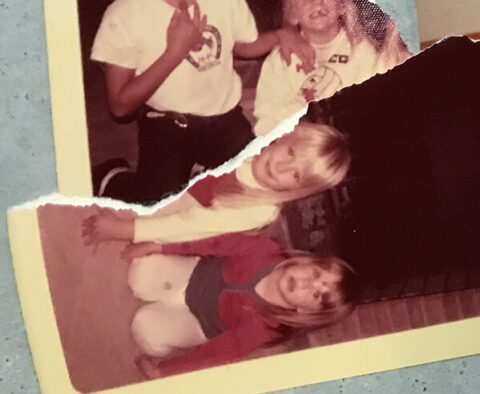 While losing Roger took decades, Gilbert’s absence from my life was more the result of awakening to the gulf between us.
While losing Roger took decades, Gilbert’s absence from my life was more the result of awakening to the gulf between us.
Gilbert was a child of tremendous charm, humor, and intelligence who grew into a man of good looks, with a killer smile and a glorious head of hair. Without a doubt, he was the great looker among the five of us. Many women were reduced to giggling ninnies in his presence.
Even with a five-year age difference, we were tight. One of the golden years of my childhood was when I was in sixth grade and Gilbert first. We’d walk to school forming huge diamond shapes by beginning at opposite sides of the street and meeting in the middle, bumping hips, and careening back to our respect sides, over and over, chattering all the while. When a neighborhood juvenile delinquent in training called Gilbert “fat,” I threw that pipsqueak to the ground, sat on him, and told him if he ever said that again, I’d kill him. Trust me, Gilbert was only husky.
In adulthood, I still thought we were close in spirit if not in proximity.
Gilbert showered me with affectionate nicknames, notably Wiggles Fanny, which he augmented with customized theme music and choreography.
In adulthood, I still thought we were close in spirit if not in proximity. In our parents’ declining years, Gilbert took magnificent care of them. Especially after our father died, when Gilbert spent every day with our mother until her death. In her dementia, she shared way too many personal details with him, which he would then relay to me on the West Coast during nighttime calls to decompress from some of her more lurid confessions.
As I was leaving to return to San Francisco after our mother’s burial, I was deeply touched as Gilbert’s voice broke when he admitted, “I couldn’t have done this without you.” All I did was listen from afar, but we both shared a conviction that as painful as it was to witness our parents in their decline, we found the act of taking care of them spiritually rewarding.
My Turn in the Barrel
As a long-distance sibling, I thought my relationship with Gilbert and his wife Maude was pretty damn good. During short visits east, I had a front row seat to their behavior, which was like an emotional Whack-a-Mole rigged against a revolving array of moving targets. Over their later years, our parents were in and out of their dog house so many times everybody lost count. Their pattern: Outrage, banishment, readmission to their inner circle after the transgressor had paid suitable contrition. As our mother used to say, “Those two go through people like a hot knife through butter.”
My turn in the barrel came at the prospect of my moving nearby. While house hunting, I met Gilbert for lunch, during which he leveled a laundry list of sins for which he and my sister-in-law demanded apologies. Wow.
I eventually realized that when I looked at Gilbert as an adult, I saw a stranger.
Though most of my “transgressions” were nonsense, I chose to extend an olive branch in the hope we could move forward. I apologized for ever having hurt them and let them know it was never my intent to do so. I freely admitted to weaknesses in my personality.
And then I waited. I waited three months. Looking back, I’m grateful for the time. I needed it to realize that when I looked at Gilbert as an adult, I saw a stranger.
His eventual reply only reinforced what I slowly had become aware of—that we share little common ground. His email read like a teacher’s corrections on a term paper, highlighting all the inadequacies in my apology. It seemed they wanted groveling. No thanks.
The toughest element in my estrangement from Gilbert is the loss of contact with my nephew, whom I flat-out adore. We recently saw each at a family funeral and immediately began gabbing as though no time had passed. Yet I’ve decided that having an ongoing relationship with him remains an impossibility, putting him in the middle of something that isn’t his fight. With Gilbert and Maude, whether I have contact with their son or not, either choice will be criticized. I’ve chosen to avoid their high-volume drama by reluctantly choosing to suspend our relationship. This loss brings me great pain.
Read More: Letting Go of Your Dreams for a Grown Child
Making Sense of the Silence
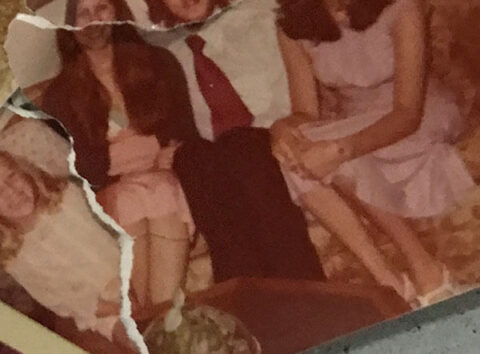 When I think about the rift between me and my brothers, I’ve come to see that we five kids shared a childhood, sure, but each of us emerged as vastly different adults. Yes, we did have good times; those memories are real. Whatever faults our parents had—and all parents do, myself included—there was an abundance of love and laughter in their home. I’ve no doubt they would be horrified that the little darlings who jumped into their bed for a seven-person Sunday cuddle have parted ways.
When I think about the rift between me and my brothers, I’ve come to see that we five kids shared a childhood, sure, but each of us emerged as vastly different adults. Yes, we did have good times; those memories are real. Whatever faults our parents had—and all parents do, myself included—there was an abundance of love and laughter in their home. I’ve no doubt they would be horrified that the little darlings who jumped into their bed for a seven-person Sunday cuddle have parted ways.
Will I ever speak to these brothers again? Unlikely.
Roger found a way to justify terminating contact with all four of his siblings. The most outrageous incident was when he cut ties with our brother Jeremy upon learning on his—Roger’s— birthday that Jeremy was diagnosed with Stage 4 squamous cell cancer. The news “ruined” his birthday. At present, my knowledge of Roger’s whereabouts and conduct exist via rumor.
I’ve no doubt my parents would be horrified that their little darlings have parted ways.
Gilbert shares the occasional phone call with Jeremy, but none of his other siblings. Jeremy is close to death, after making medical history for surviving his diagnosis far beyond any expected time span. Elaine and I have made multiple trips to be with Jeremy as the end nears, to be sure he feels the depth of our love for him. After he’s gone, my sister and I will have only each other to cling to.
I saw Gilbert at our aunt’s funeral almost a year ago. I’d wondered if seeing him would make me miss him and possibly want to mend fences, but it didn’t turn out that way. Instead, I found him utterly phony, as if he were appearing in the role of “Gilbert.”
At this time in my life, maintaining my own dignity is more important than contorting myself to others’ demands, even if they’re family, even if I love them, even if I’ll always feel the loss.
Support for Sibling Estrangement
If you’re grappling with this painful situation, these three books can help:
- Cain’s Legacy: Liberating Siblings from a Lifetime of Rage, Shame, Secrecy and Regret by Jeanne Safer. This New York psychotherapist provides both historical context about the complexity of sibling relationships from Cain and Abel through Sigmund Freud, as well as an exploration of modern sibling estrangement as experienced by her patients. Safer frankly confronts the reality that some familial bonds cannot survive into adulthood.
- Healing From Family Rifts: Ten Steps to Finding Peace After Being Cut Off From a Family Member. New York psychotherapist Mark Sichel’s “ten steps” aid in unraveling and understanding how one’s family dynamics led to estrangement. He offers advice on building a “chosen” family among people who provide support in one’s adult life, ways to overcome guilt associated with the loss of familial relationships, and inspirational case histories.
- Finding Peace When Your Heart Is in Pieces: A Step-by-Step Guide to the Other Side of Grief, Loss, and Pain. This work by psychotherapist Paul Coleman contains detailed exercises for moving through grief, focusing on what he terms the Four Paths of Transformation—acceptance, inspiration, release, and compassion.
A version of this story was originally published in April 2018.

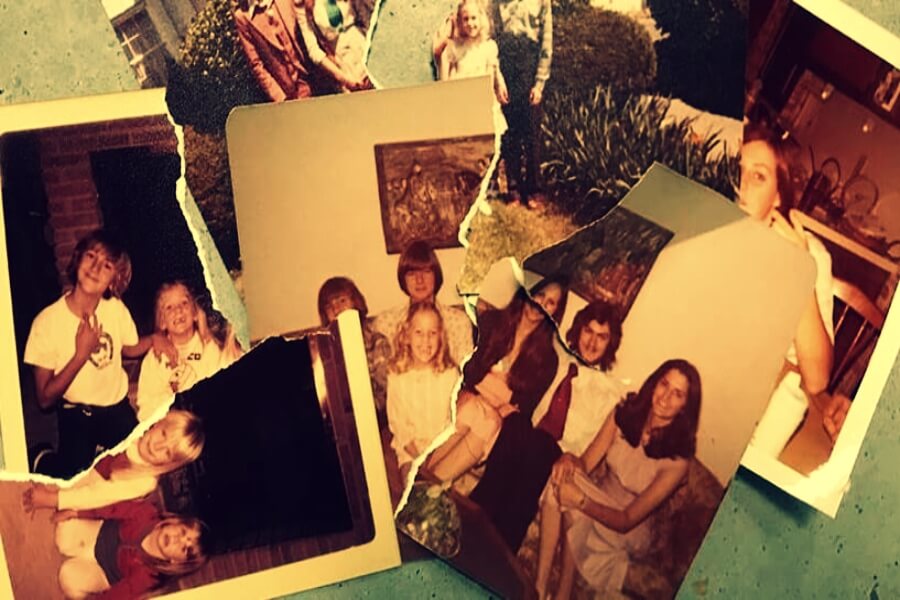




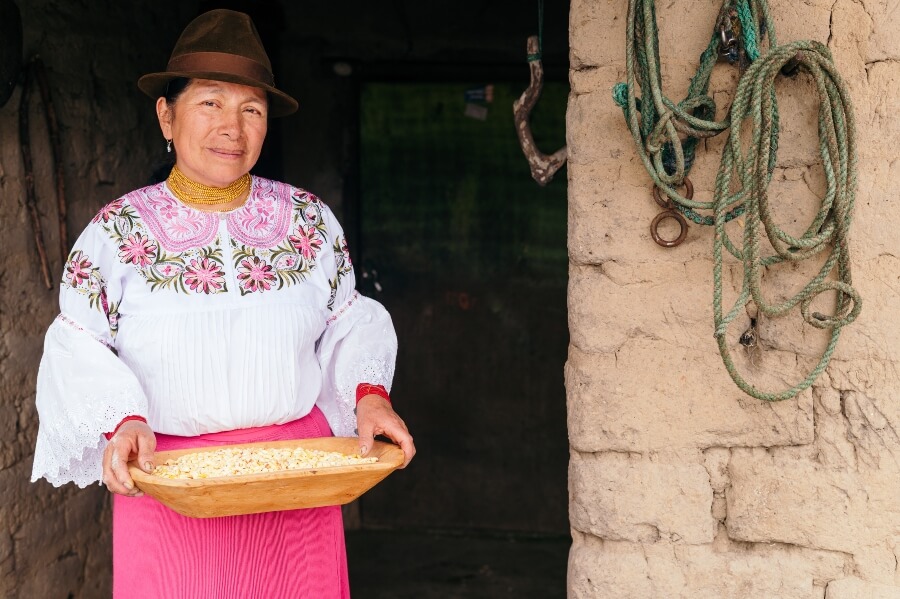
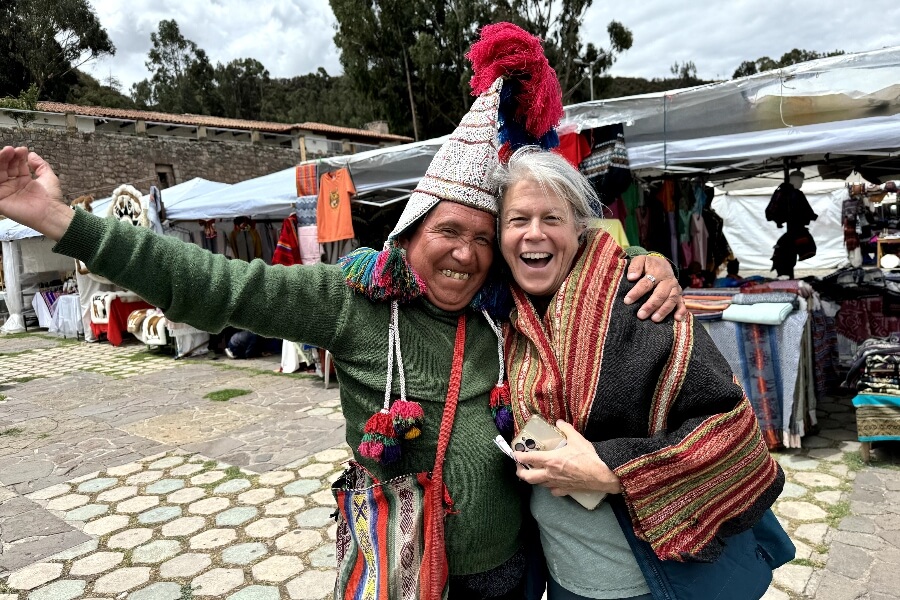

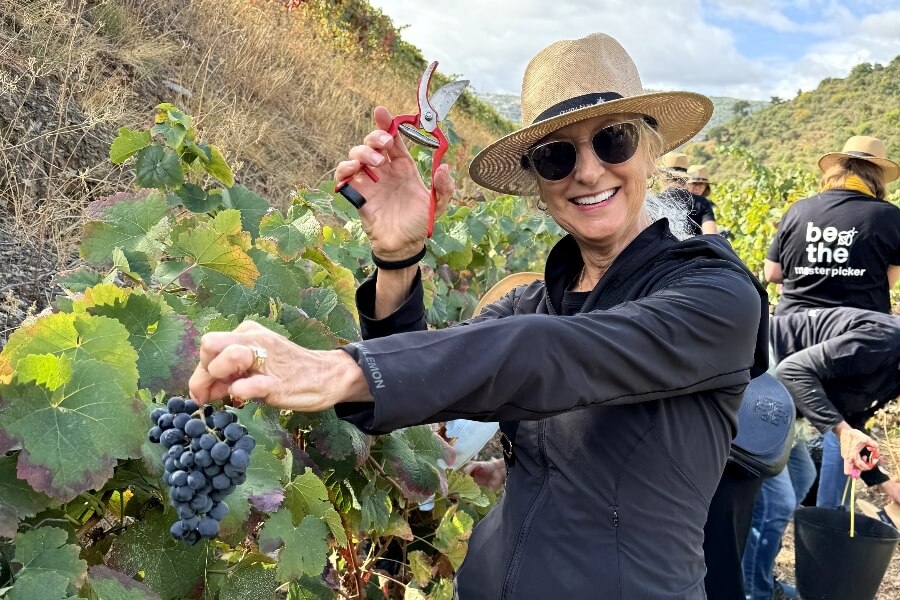

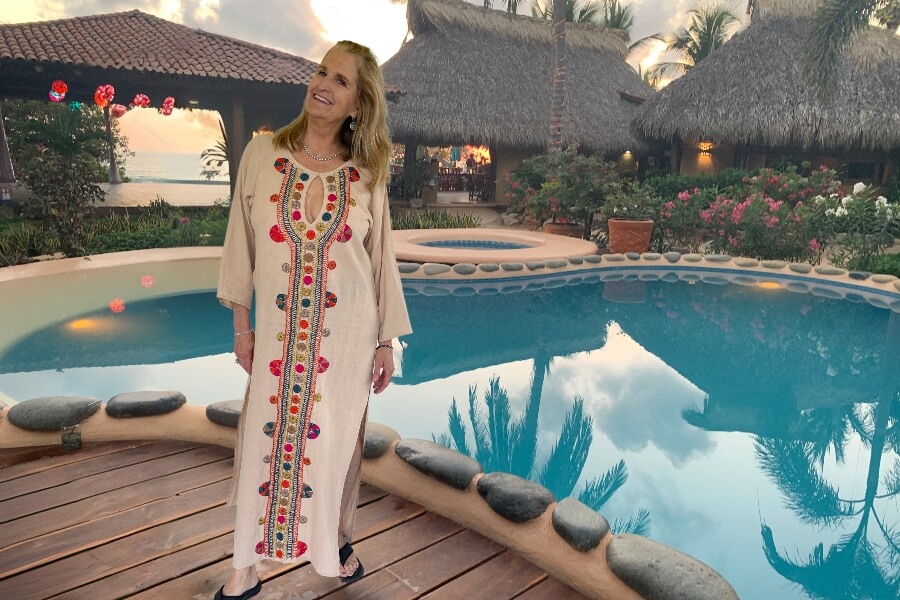




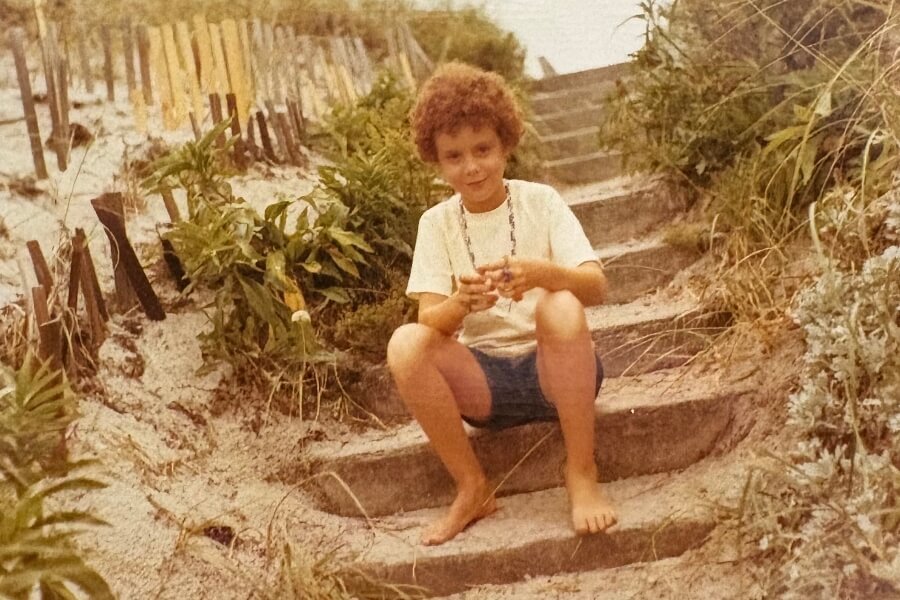

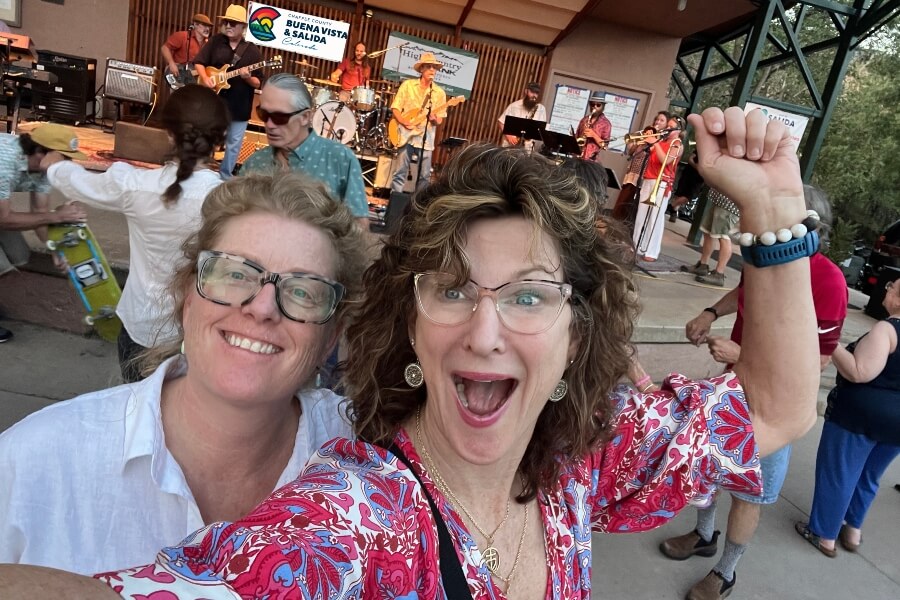




0 Comments